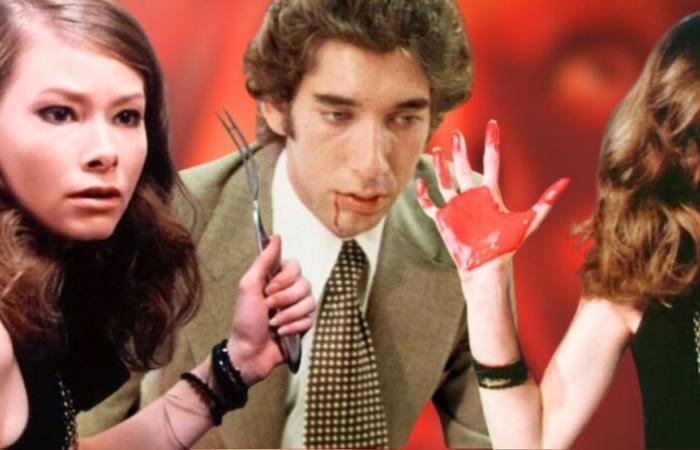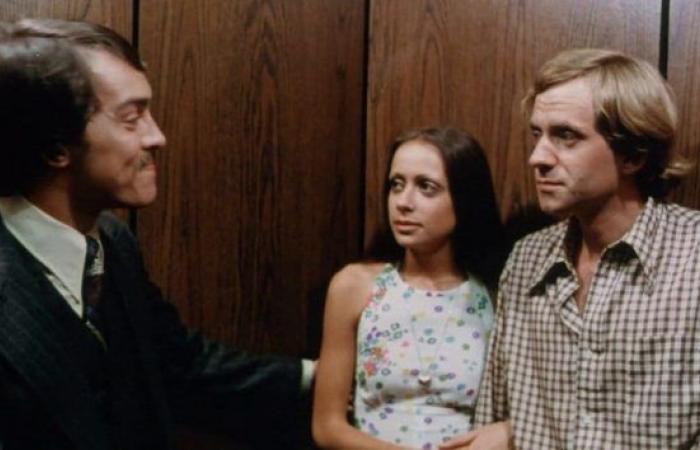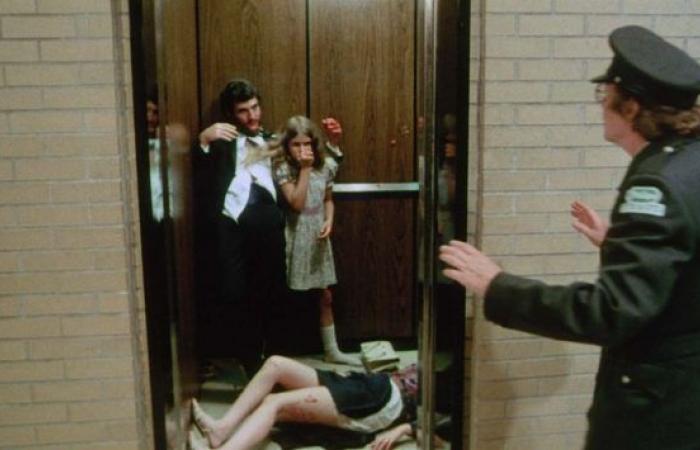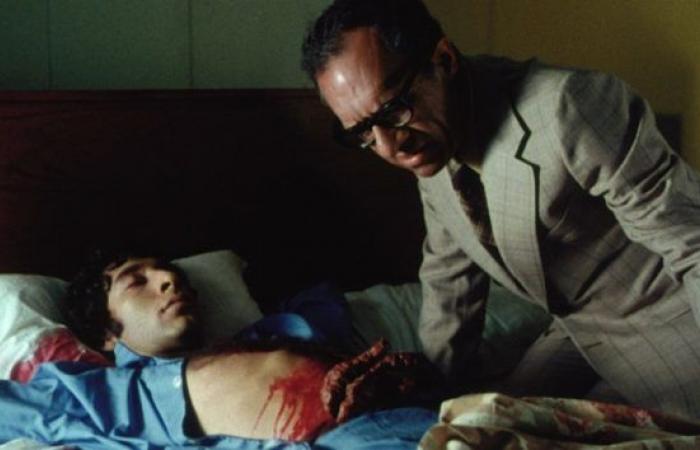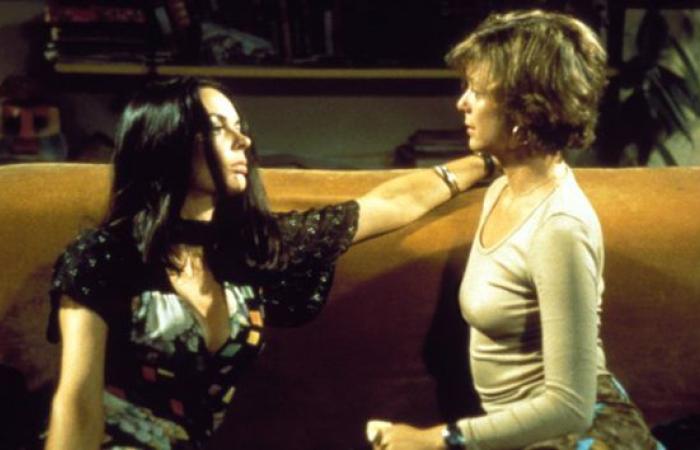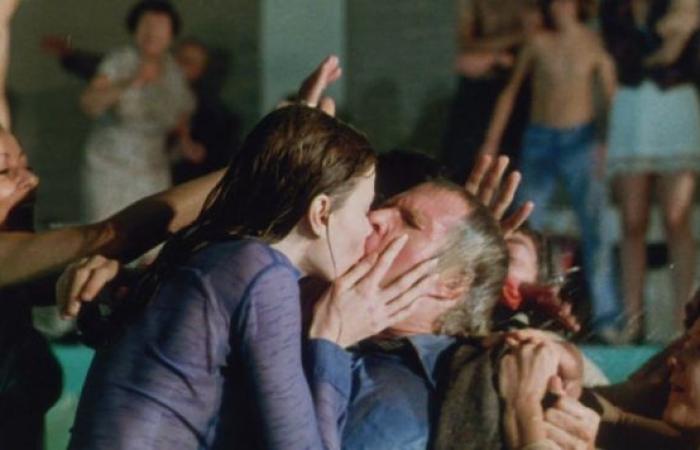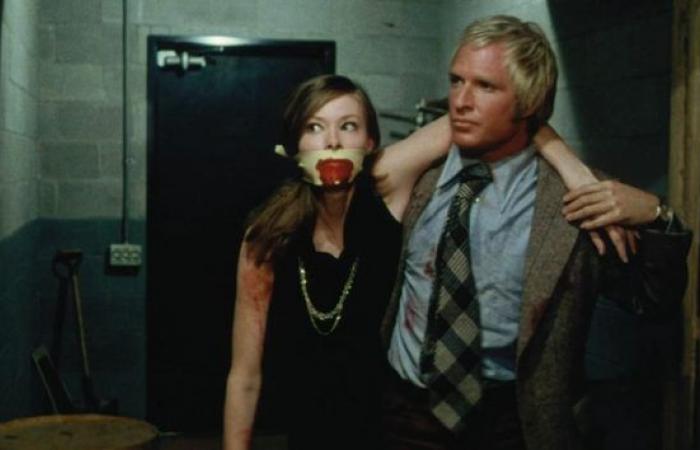With Chillsdirector David Cronenberg laid the foundations for his entire future filmography, but also for an exciting horror subgenre: body horror.
At the beginning of the 1970s, David Cronenberg began to get noticed on the independent circuits after having directed Stereo et Crimes of the Future. However, we will have to wait until 1975 and its shock feature film Chills so that the Canadian filmmaker begins to reach a wider audience. In this radical work, the young director continues to explore the themes of his previous works and lays the foundations for his entire filmography future.
But far beyond a simple draft announcing more accomplished films, Chills will have a much broader influence on genre cinema. In fact, this feature film will greatly contribute to defining the codes of body horrora horror subgenre that continues to fascinate audiences and filmmakers fifty years later. How did this low-budget film, sometimes bordering on amateurism, define a subgenre on its own?
INHUMAN SCIENCES
We have found traces of body horror for almost two centuries. Indeed, it is generally considered that body horror found its first inspirations in literature, even before it was recognized as a subgenre in its own right. The novel Frankenstein by Mary Shelley is an obvious example of a story laying the groundwork for what would define the subgenre, namely a reflection on the mutations and deformations of the human body pushed to the point of the grotesque.
Note that the author also explores a second very important axis of body horror. His novel features scientific experiments deviant questioning the very nature of being human. Many works will be inspired by the writings of Mary Shelly, in literature and then in cinema. Movies like The Monster by Val Guest in 1955 begin to get a little closer to what would become body horror.
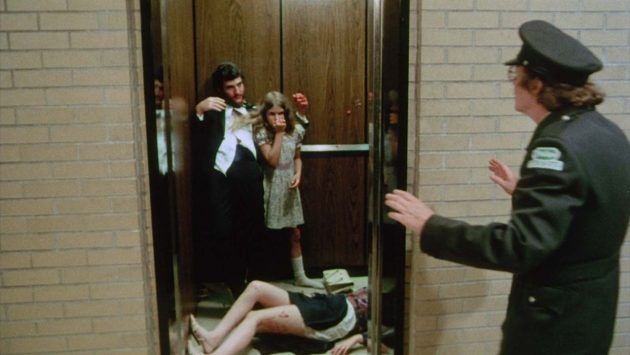

But it’s good Chills in 1975 which seemed to democratize this sub-genre as it embodies all of its fundamental aspects. First of all, David Cronenberg carefully respects the two axes explored by Frankenstein. His feature film focuses on a parasite causing mutations psychological but also absolutely disgusting physical. Importantly, the parasite in question arose from a dubious medical experiment. The mutilated bodies and poorly exploited science therefore form the basis of the story.
This anxiety-inducing reflection on scientific experiments will follow the filmmaker throughout his career. We can think in particular of Chromosome 3 or even The Fly. But it is also a crucial theme of body horror in general. Whether in Beyond reality, Re-Animator or in the shock film of the year The Substancemany filmmakers will take advantage of these reading keys to develop their vision of the sub-genre.
When it comes to representing mutations and monstrosity on screen, David Cronenberg limits the gore effects in Chills due to lack of budget. This does not, however, prevent the filmmaker from offering several nightmarish visions difficult to forget. And even beyond the outpourings of gore, the feature film is based on a suggestion that is sometimes even more disturbing. We can particularly think of the sequence during which Nick speaks to the parasite that we can sense under his skin.
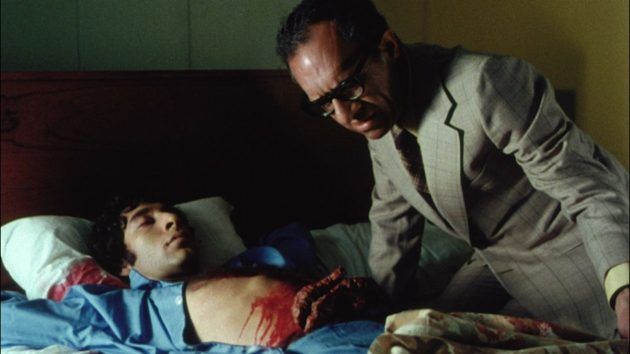

EROS AND THANATOS
Body horror is also crossed by numerous works which explore the body in its most erotic and carnal dimension possible. Here again, Chills lays the foundations for this subgenre theme. Cronenberg’s film is not shy and takes advantage of the sexual liberation of the 70s to push all the limits of what can be shown on screen. It is no coincidence that one of the provisional titles of the feature film was Orgy Of The Blood Parasites.
On several occasions, the director seems to use his story of a parasite with a phallic shape and which increases sexual impulses tenfold as a pretext for overturn the taboos of the time. Whether it concerns homosexual relationships, the question of desire among the elderly or even sadomasochistic practices, Chills depicts multiple, non-normed sexualities.
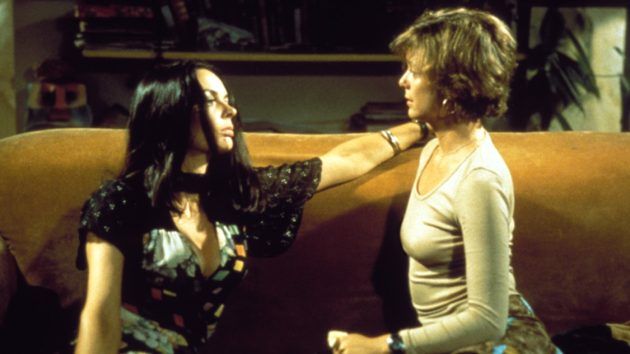

It’s not about making a film that’s simply provocative or stupidly eye-catching. Cronenberg uses this total freedom of tone to pose a surprisingly complex look at morals of his time. The filmmaker makes us think about this opposition between primal impulses and social norms. It also explores the notion of consent, whether through the couple of Nick and Janine or during a terrifying bathtub sequence with Betts’ character.
By assuming to portray other sexualities, considered deviant or immoral at the time, Chills also paves the way for body horror in terms of challenge moral norms. Proof of this precious heritage, we have recently witnessed radical works like Titanium et The Substance who seize the subgenre in its erotic dimension to overthrow the male gaze and criticize our relationship with the body.
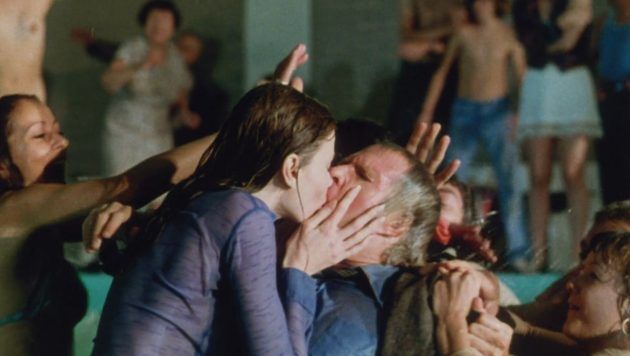

VICTIMLESS CRIME
The 70s were going to be crucial for horror cinema. We will see many significant currents explode in the history of the genre. Examples include the giallo, rape and revenge or even the slasher. Faced with all these subgenres, body horror nevertheless manages to stand out in yet another aspect. In Chillsthere is no no monster or evil killer to speak of. The parasite simply seeks to spread, to contaminate as much as possible in order to survive.
And this is a fundamental characteristic of body horror. Evil is internalized. The horror usually comes from loss of control, from a terrifying progressive mutation, from self-inflicted mutilation. No need for antagonistic figures, the terror is already in the flesh of the characters and therefore awakens the most intimate anxieties of the spectators.
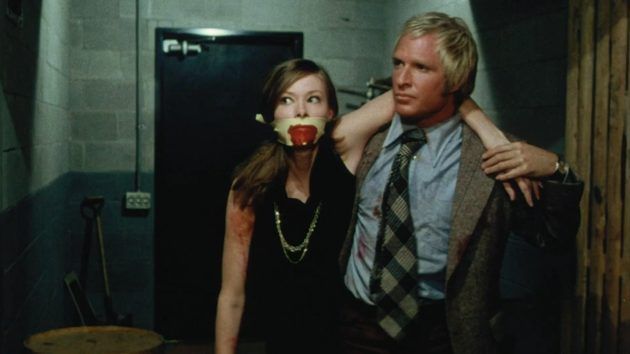

It is therefore logical that Chills ultimately has very few victims. More precisely, body horror goes give rise to a new type of victim. The point is not to lose your life but rather to lose control of your body and mind. This is also where the film will express all its nihilistic anguish during the ending. The contaminated having almost all survived, they leave the building and condemn the entire city in advance.
More than a small, broke, but shocking B series, Chills appears to be a great film in the history of horror cinema. His countless heirs prove the major influence that David Cronenberg’s work has had on an entire sub-genre. Between the striking gory visions, the intimate anxieties linked to the body and the social or political readings, we easily understand why body horror is experiencing an exciting revival in recent years.

